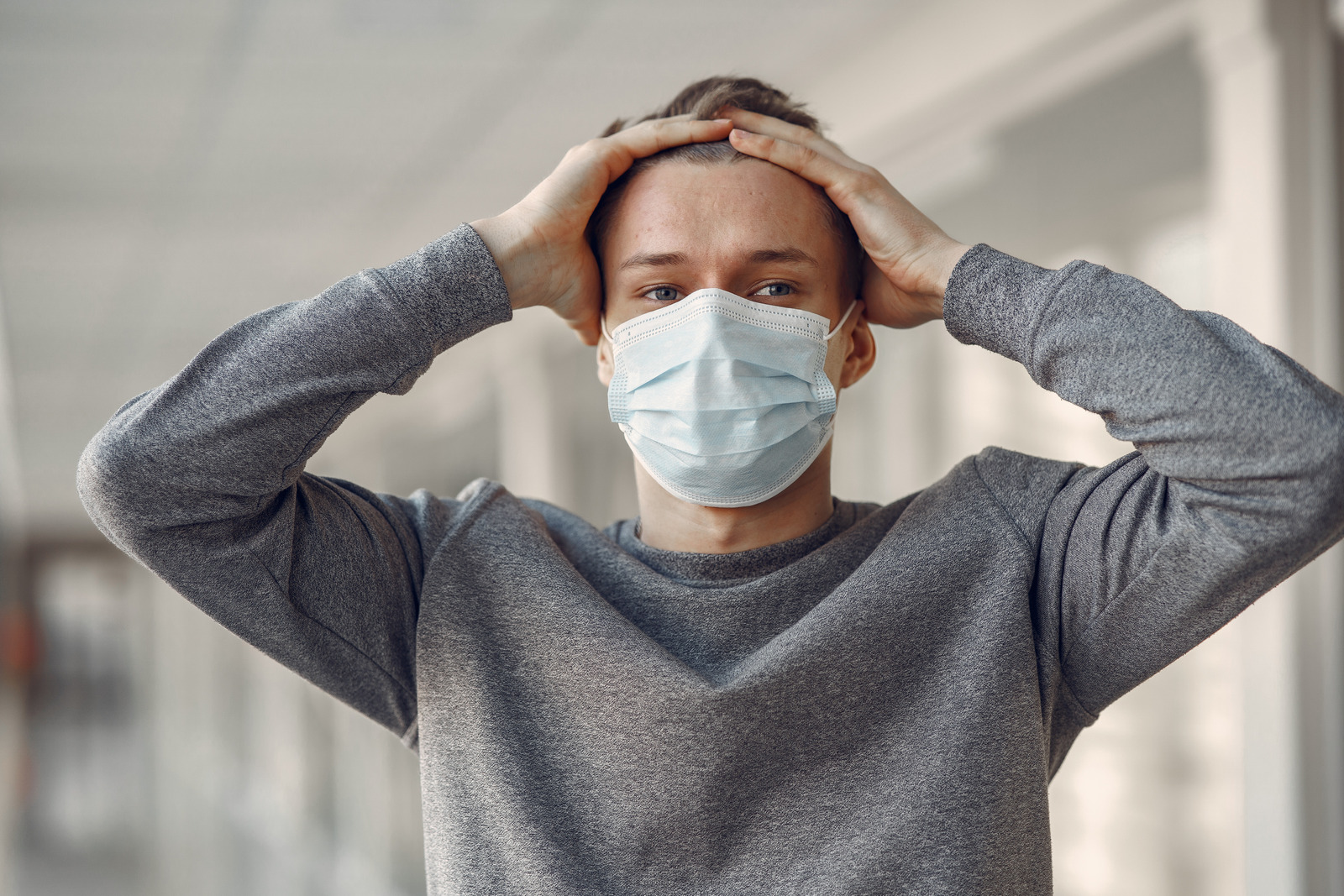

Crisis Fatigue
 Oct 01, 2020
Oct 01, 2020
Right now, there is an underlying feeling that is being experienced by so many of us right now. We are consistently reading about, hearing about, and talking about COVID-19! We are regularly inundated with information on every platform from social media, memos from work or school, TV, the radio, and newspapers, with information about COVID-19. Much of the information is helpful and necessary to protect the collective human population and the health care workers on the front line. However, there is a lot of misinformation out there too. How do we sift through it all to determine what is true or not without feeling over-whelmed? How do we digest all of the doom and gloom that surrounds discussions of COVID without getting down? We have a daily deluge of information which has often been conflicting as our politicians scramble to deliver the most palatable and safe protocols our society should follow.
The emotions we label as negative seem to be omnipresent. These emotions run the gamut of fear, anxiety, disappointment, frustration, and uncertainty. These negative emotions are also contagious. During this pandemic many people have reported exercising less, while eating and drinking more. There is evidence that alcohol relapses, drug overdoses and suicides have been on the rise. The uncertainty brings a whole new level of anxiety as people fear for their jobs, wondering when a vaccine will come, not knowing when things can return to normal and most concerning, unsure of whether they will contract the virus.
So, what is Crisis Fatigue? Scientists have identified Crisis Fatigue as an emotional state of a human as a natural response to unrelenting stress that can cause a person to feel physically numb or tired. We are living in a time where the last pandemic was 1918. None of us has ever experienced anything like this in our lifetime. Because of this we cannot employ coping and resiliency skills from a prior experience. We are flying blind. The Crisis Fatigue we are feeling is our body’s attempt to adapt to the unrelenting stress.
Under normal circumstances our bodies respond to stress by releasing the neurotransmitters cortisol and adrenaline to prepare us to flee or fight. However, during this pandemic the release of these neurotransmitters has been sustained for months at a time which can result in disturbances in our mental and physical well-being. With constantly high levels of cortisol we become more anxious, depressed, have trouble making decisions and have greater difficulty sleeping.
So how can we take better care of ourselves and build more resilience?
- Become more aware of the different selves that influence our behavior in the face of threat and danger. The child-like self becomes more easily overwhelmed. Our adult self is more capable and can be summoned so soothe out child-like selves. While doing this we want to try and temper the survival self which acts in a frenzied crisis way.
- Calm yourself, regardless of what’s going on around you. Mindful breathing helps to clear the cortisol in your system. Bursts of activity like a handful of jumping-jacks or running up and down the stairs can also expel the stress.
- Avoid seeking confirmation bias. It is so easy to google anything to support our worst fears. Instead, try searching for the evidence to the contrary, evidence that supports the opposite of our worst fears to provide a balanced perspective.
- Keep an arsenal of protective factors close at hand. This includes: surrounding yourself with loved ones, making time for self-care, choosing healthy food options, and daily physical activity.
Rather than catastrophizing about the COVID-19 crisis, you can tap into these resilience building activities and deliberately choose to focus on what you have the power to influence and letting go of the rest.
Written by
Bernadette van der Boom-Bebb



